This is Part III of a series of articles where I cite a book, “The Dangerous Truth About Today’s Marijuana,” by Laura Stack and, with permission, tell the story of one of my clients who developed psychosis after using marijuana concentrates called dabs.
When the call came through, I saw my client’s name pop up and thought how good it would be to hear her progress after discharge. But when I heard her voice, I knew she was in crisis. She sounded frantic, afraid, paranoid, and emotionally unstable. She said she didn’t feel safe and didn’t know why. She told me she was driving around because she was afraid to go home. After a missed appointment she finally came in. Her eyes were vacant but wild, and she’d lost a great amount of weight. I was afraid that if I let her out of my office, I wouldn’t see her again. This was not the case. She came back to most appointments but her regress into psychosis was evidenced by her delusional beliefs and erratic behaviors. She starved herself, was dehydrated, suffered from heat stroke, and took chances in traffic which needed legal intervention. And continued to use dabs by way of her vape and/or pipe.
In Laura Stack’s writings, she tells how her son, Johnny, “had never exhibited any kind of psychosis. Before, it was suicidal thinking. But with repeated assaults on the brain, marijuana can cause psychosis.” Stack cites research by Colizzi, Marco, and Robin Murray, “Cannabis and Psychosis: What Do We Know and What Should We Do?” from The British Journal of Psychiatry, which found that the consensus is that use of marijuana with THC content over 10% increases the risk of a psychotic disorder four- to five-fold,” (pg 102). Another study by Saha, Sukanta, et, al. “A systematic review of the prevalence of schizophrenia”, found that “a study of 45,000 Swedish military conscripts showed that those who used marijuana more than 50 times before the age of 19 proved six times more likely to develop schizophrenia by age 34,” (pg 239). My client is 33 years old. This is scary sh*t!!! THC causes psychosis even in instances of no mental illness. A study done in Great Britain gave light users of marijuana with no family history of mental illness a moderate THC dose, and 40% of them exhibited psychotic symptoms,” (pg 253).
Why would you take this chance? Could it be that prolonged use from your teenage years damaged your Prefrontal Cortex, diminishing risk-taking thought just enough that you believe it would never happen to you? How many times as a youth, mother, and therapist have I heard that? In the study cited above by Colizzi, et, al. Colizzi is quoted saying “Patients do not start using cannabis to self-medicate their psychotic or prodromal symptoms or side-effects of drugs, but rather use it for the same reasons as the rest of the population, principally for its ‘high.” “The risk of psychosis remains after controlling for personality disorder and use of other psychotogenic drugs (Ketamine, PCP, amphetamine, cocaine, methamphetamine, dextromethorphan (cough suppressant), marijuana (especially-but not only-if exposed during early adolescence” (pg 104).
Laura Stack’s 19-year-old son Johnny struggled to stop using dabs and was 5 weeks clean when he decided to free himself of the pain and suffering his friends and family had gone through because of his use. Johnny became uncontrollable when his mother tried to help him find a place to live or get back into school. In a rage out of nowhere, he destroyed his childhood bedroom and held his mother by the throat for trying to help. One minute he was angry and the next repentant because he knew he had ruined his brain and confessed this to his mom. My client knew she had to make sure her children were safe and allowed me to decide where they should stay until we could get her stabilized. Not soon after, my client was enraged with me and the family taking care of her children because she thought they were only safe with her. Intense rage against those who only want to help is part of the psychosis of marijuana use.
In part IV you’ll learn about her recovery and how to rehabilitate your damaged brain.
Cited: Laura Stack. "The Dangerous Truth About Today's Marijuana" Warrenton, VA: Freiling Publishing, 2021.

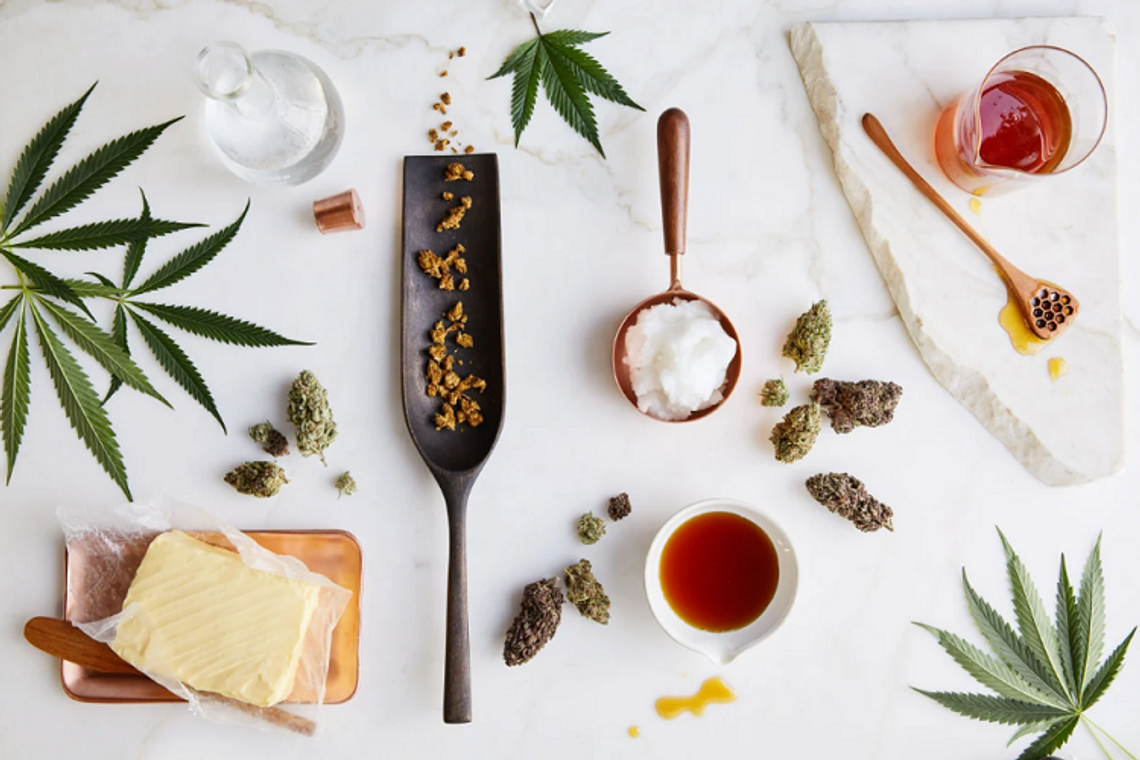
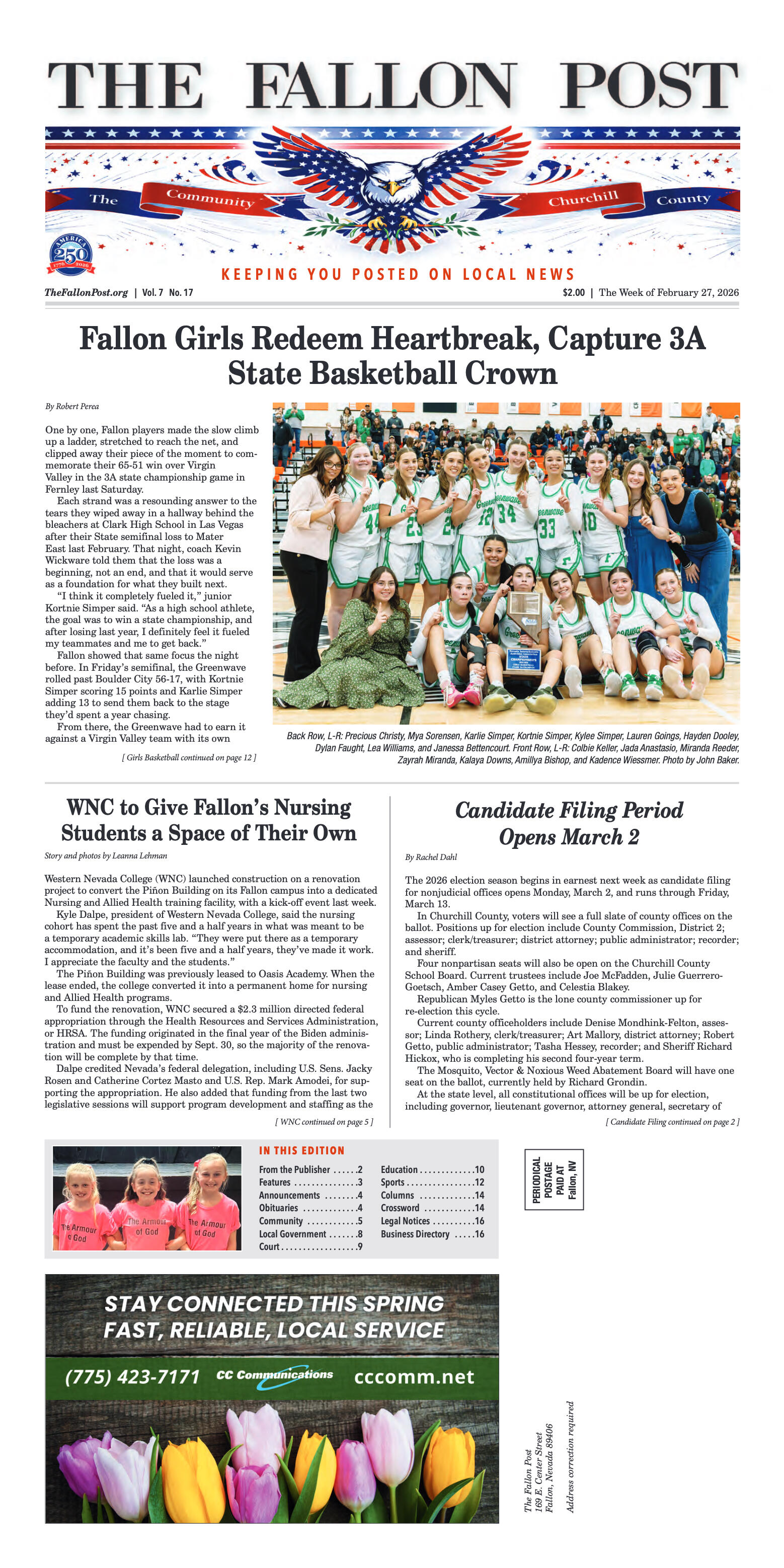
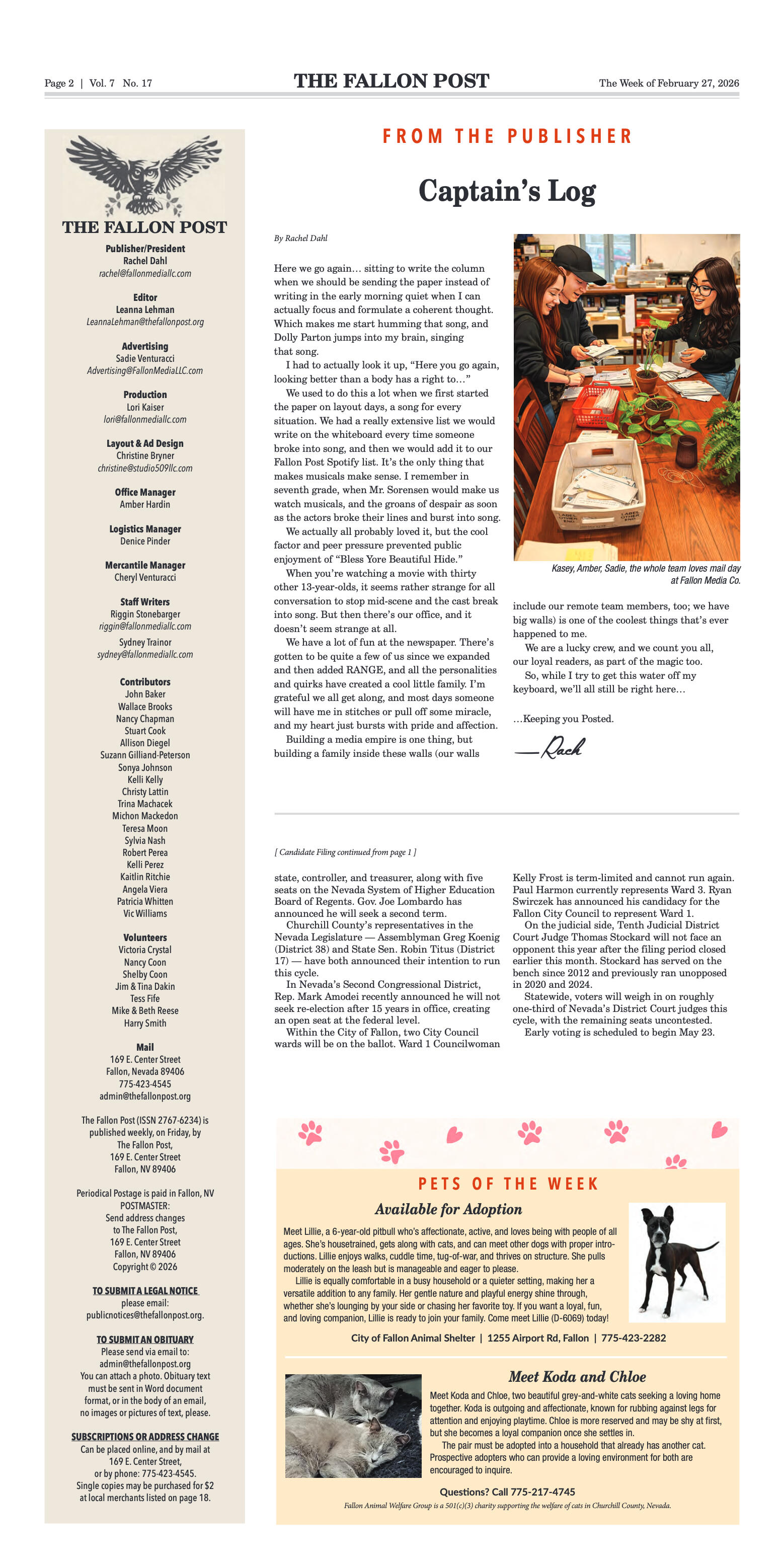
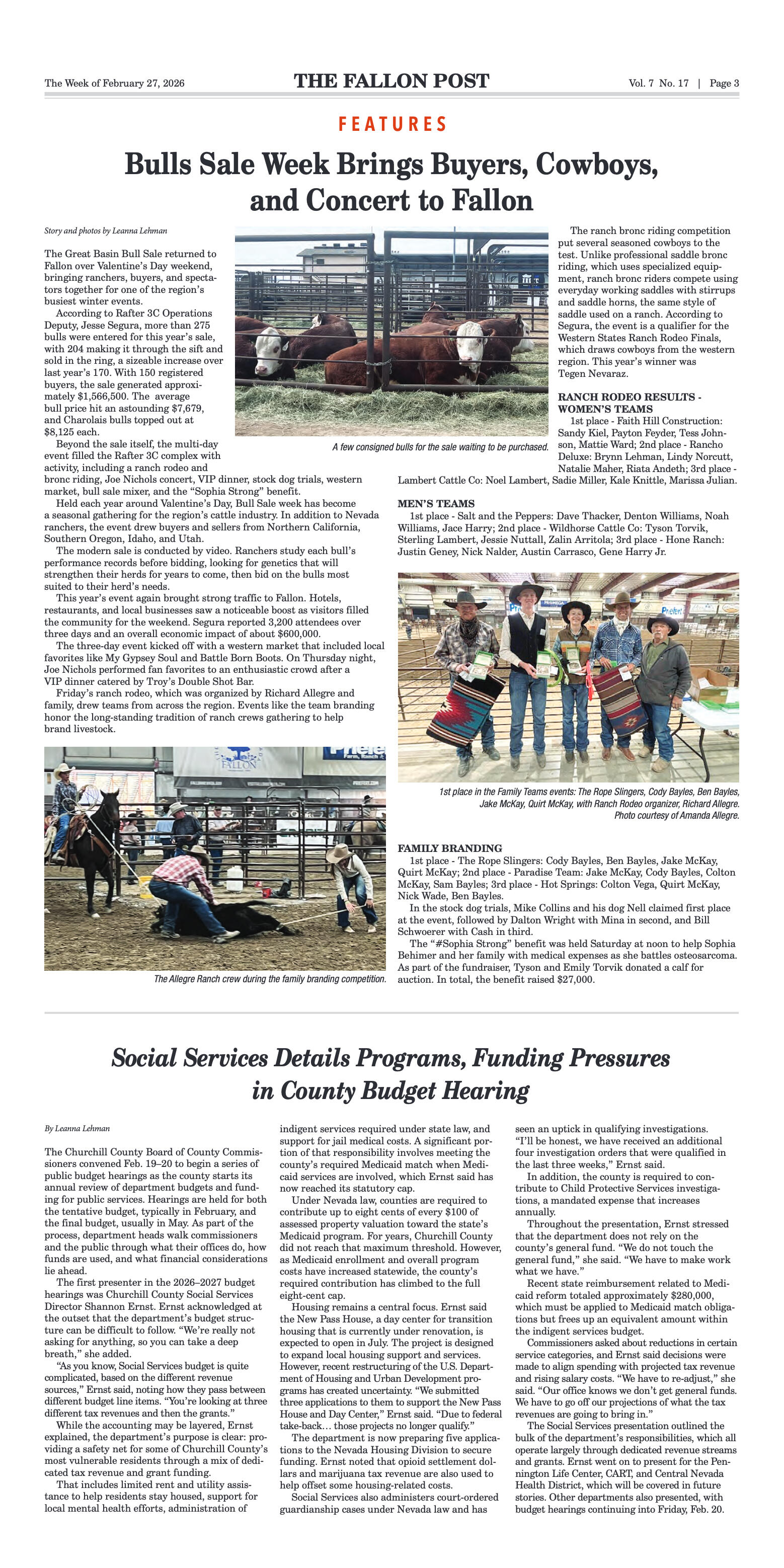
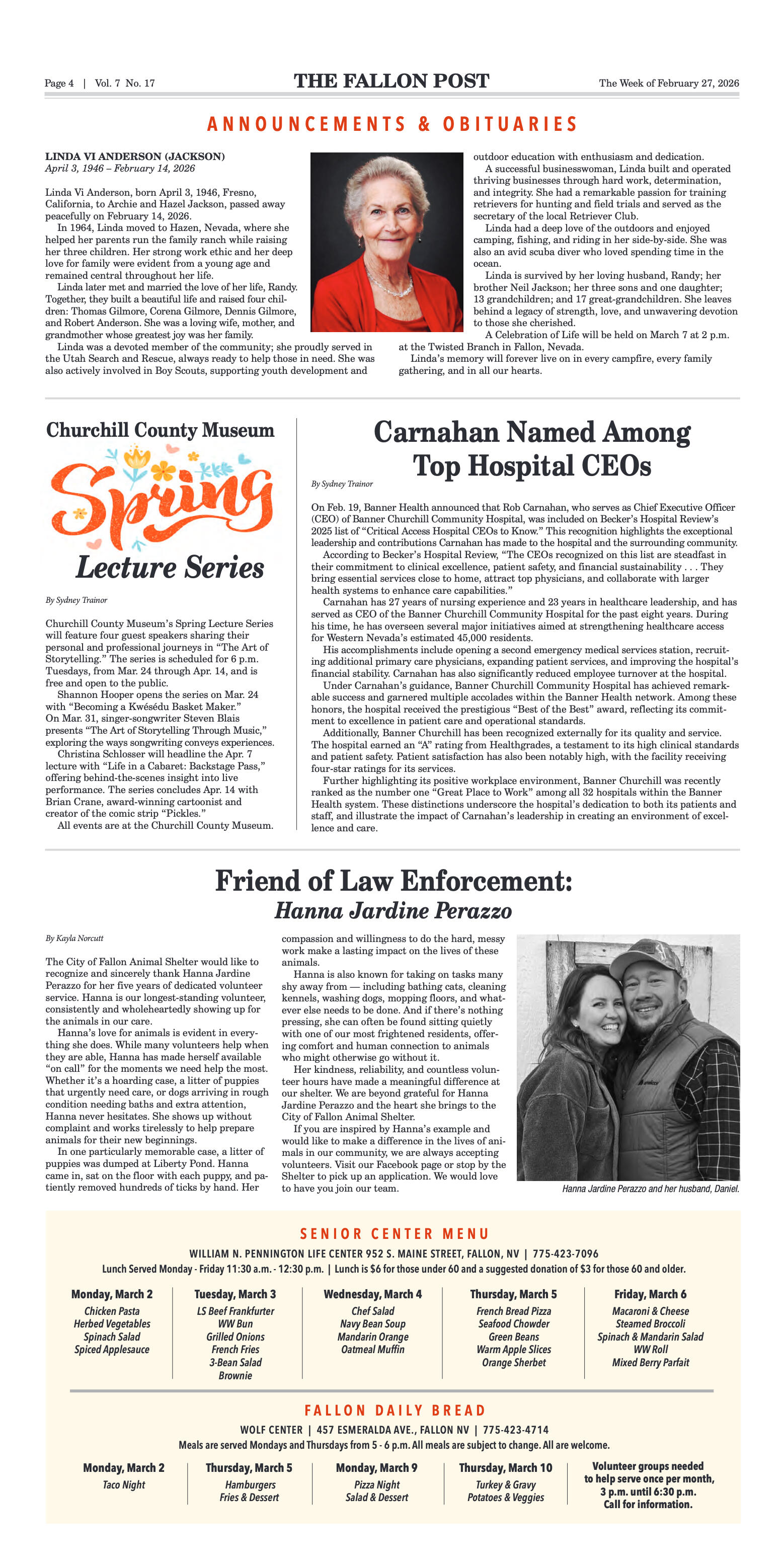
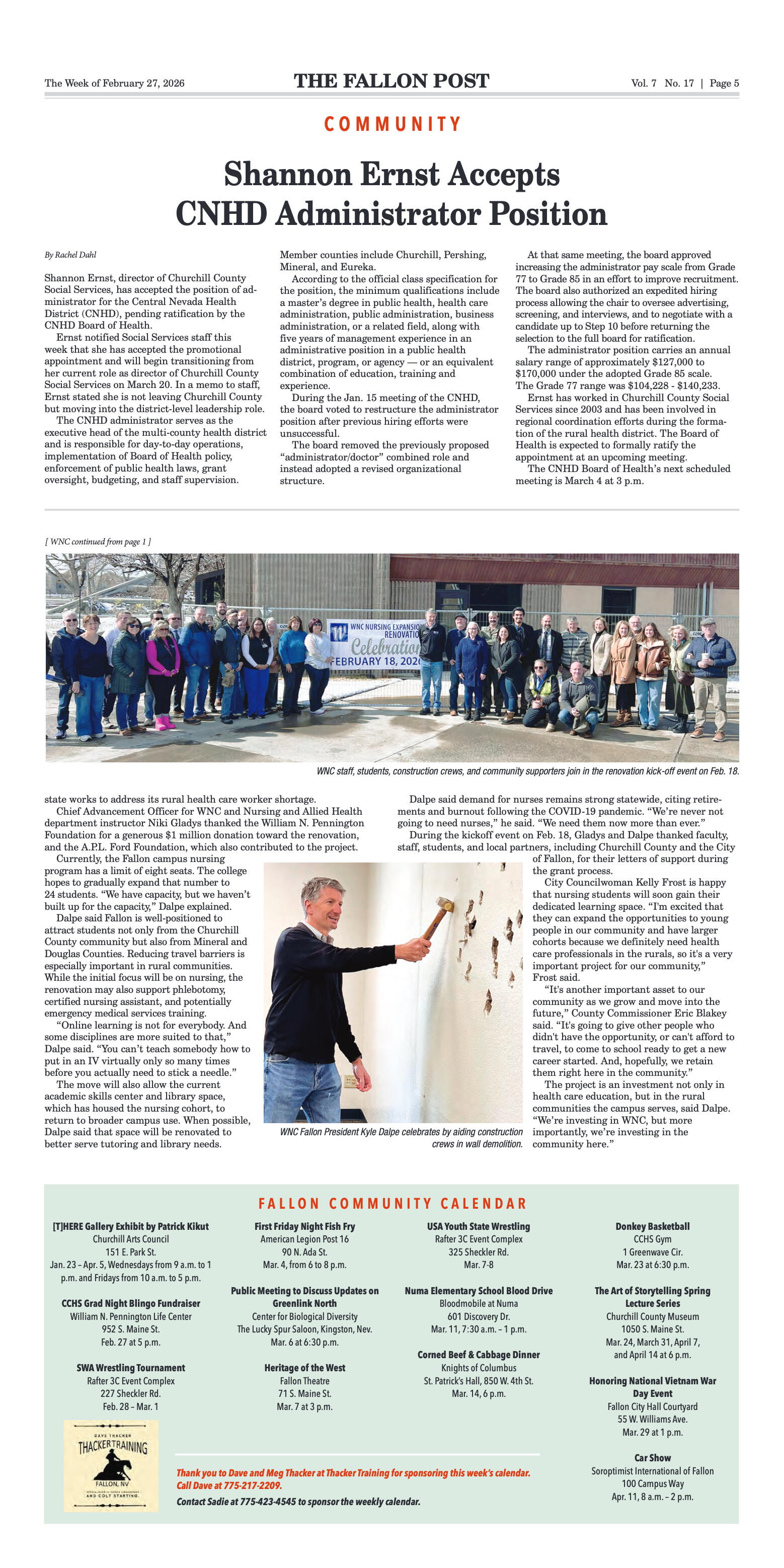


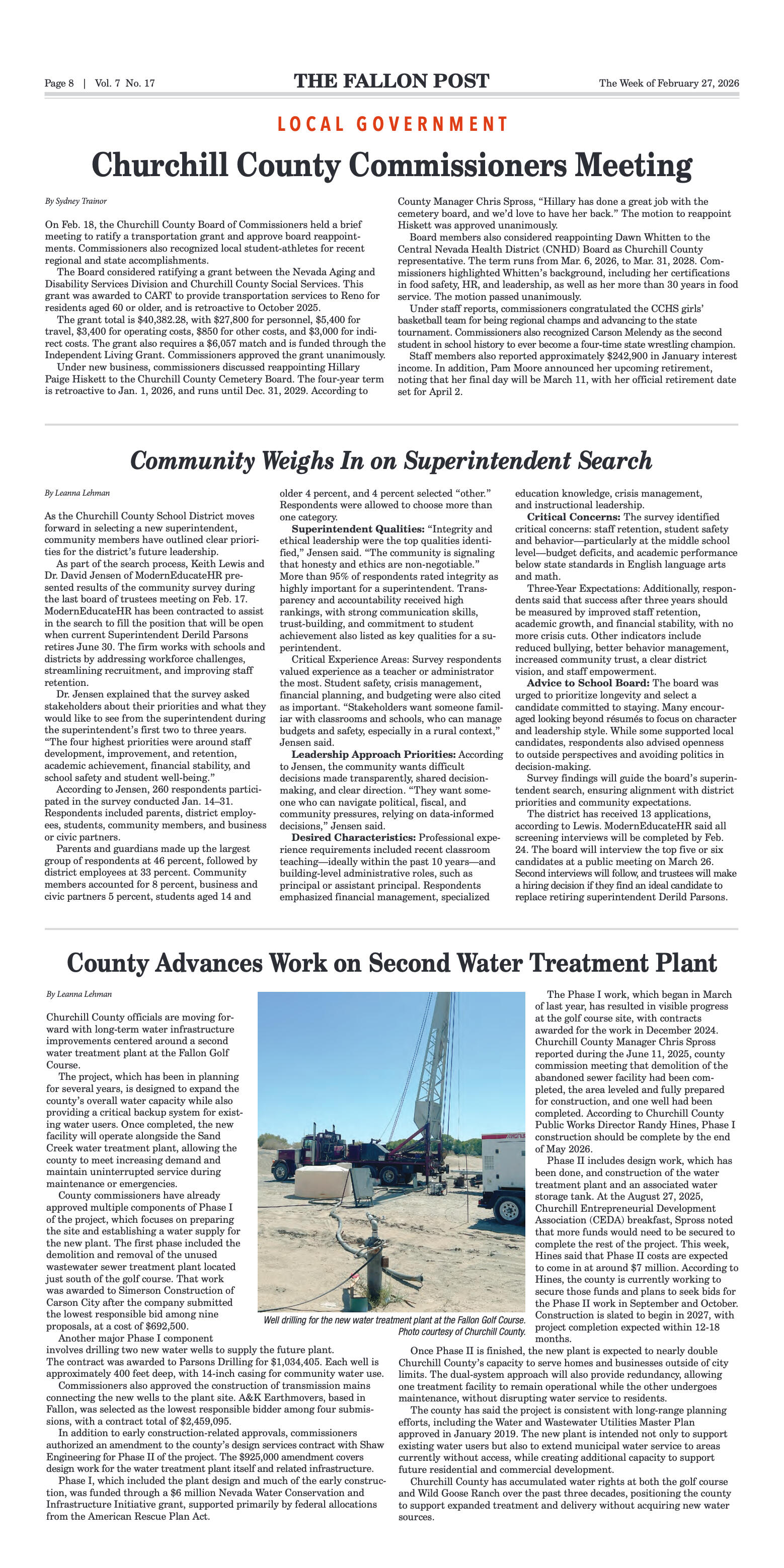
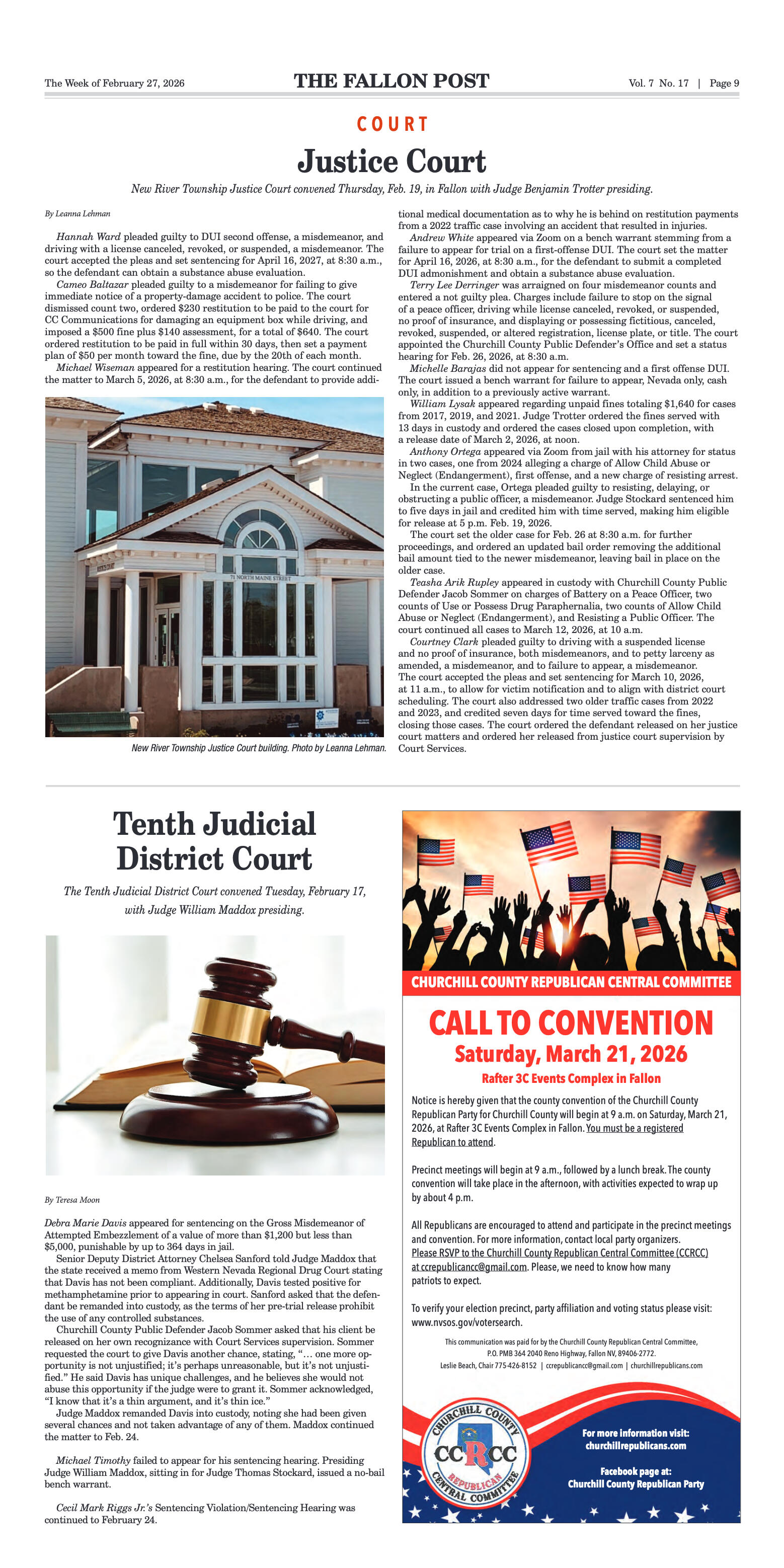
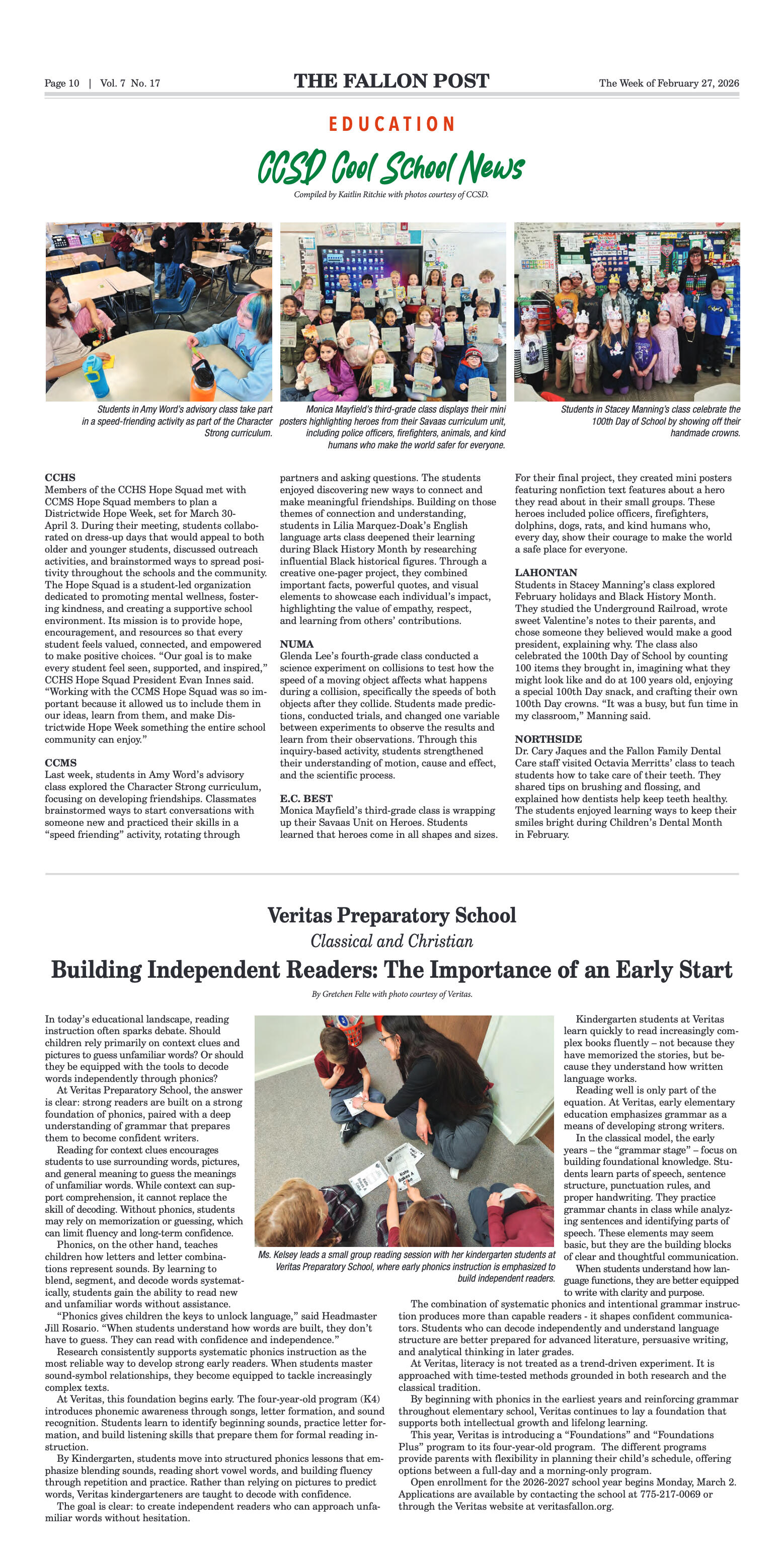



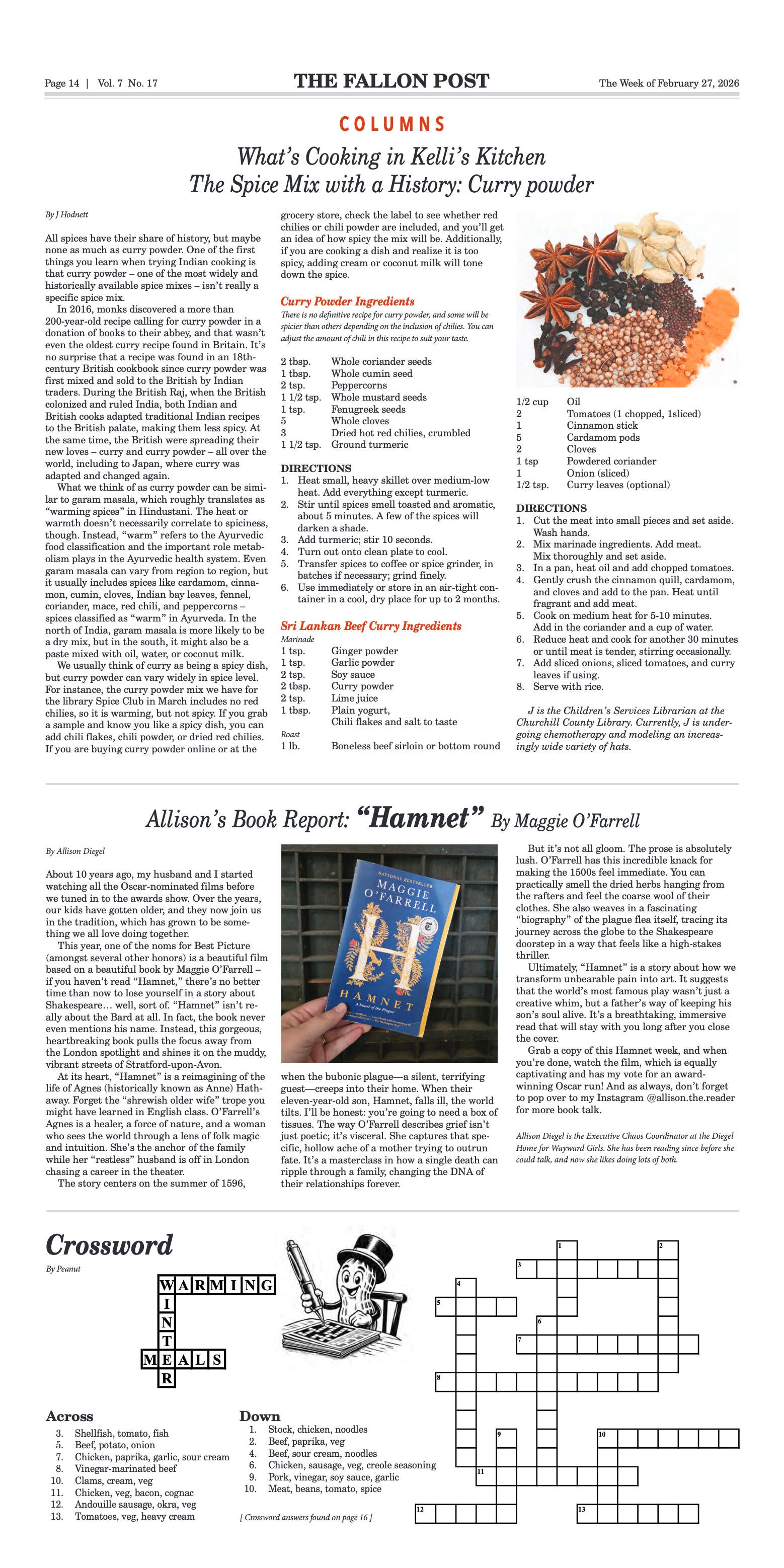
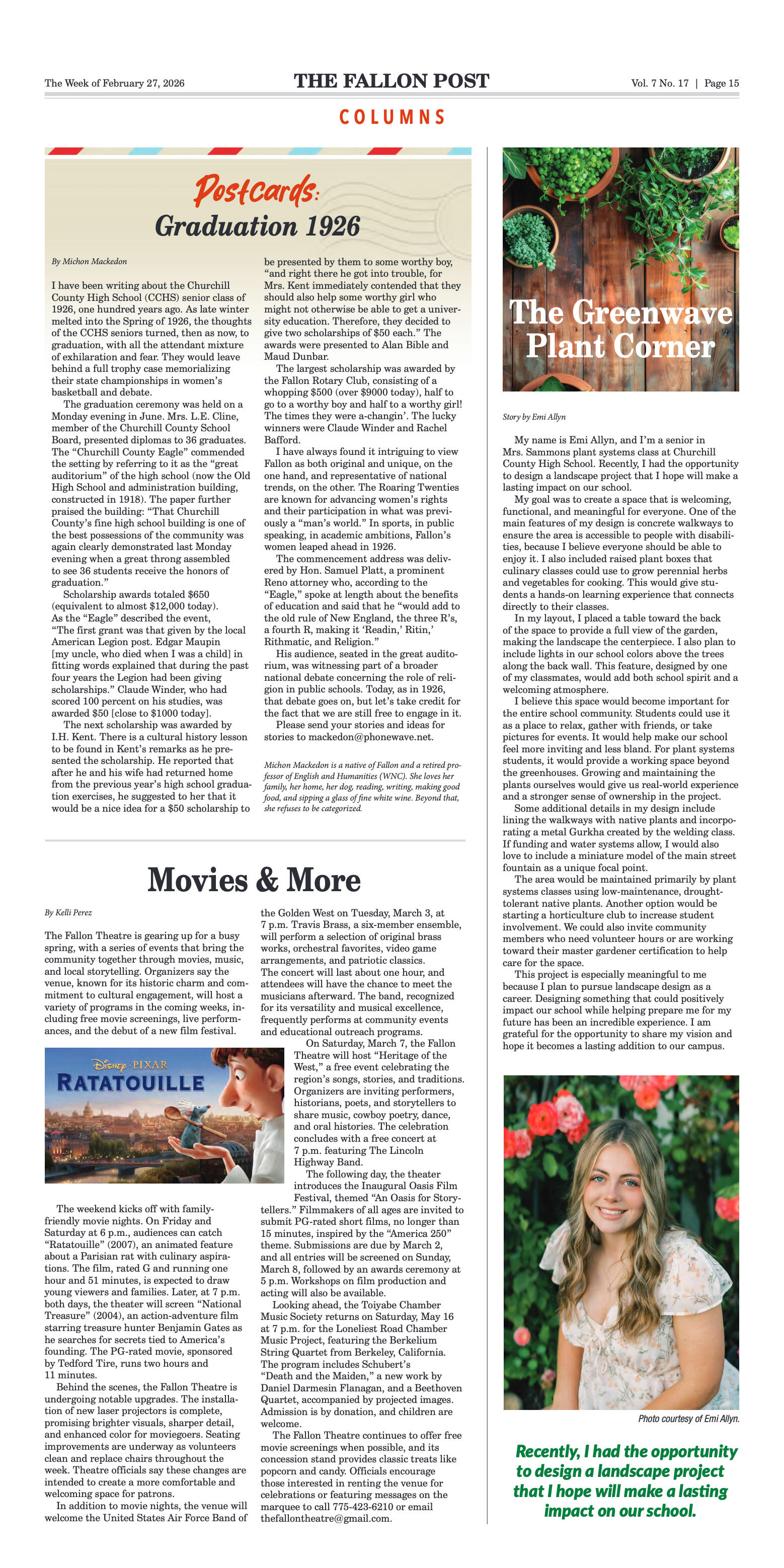
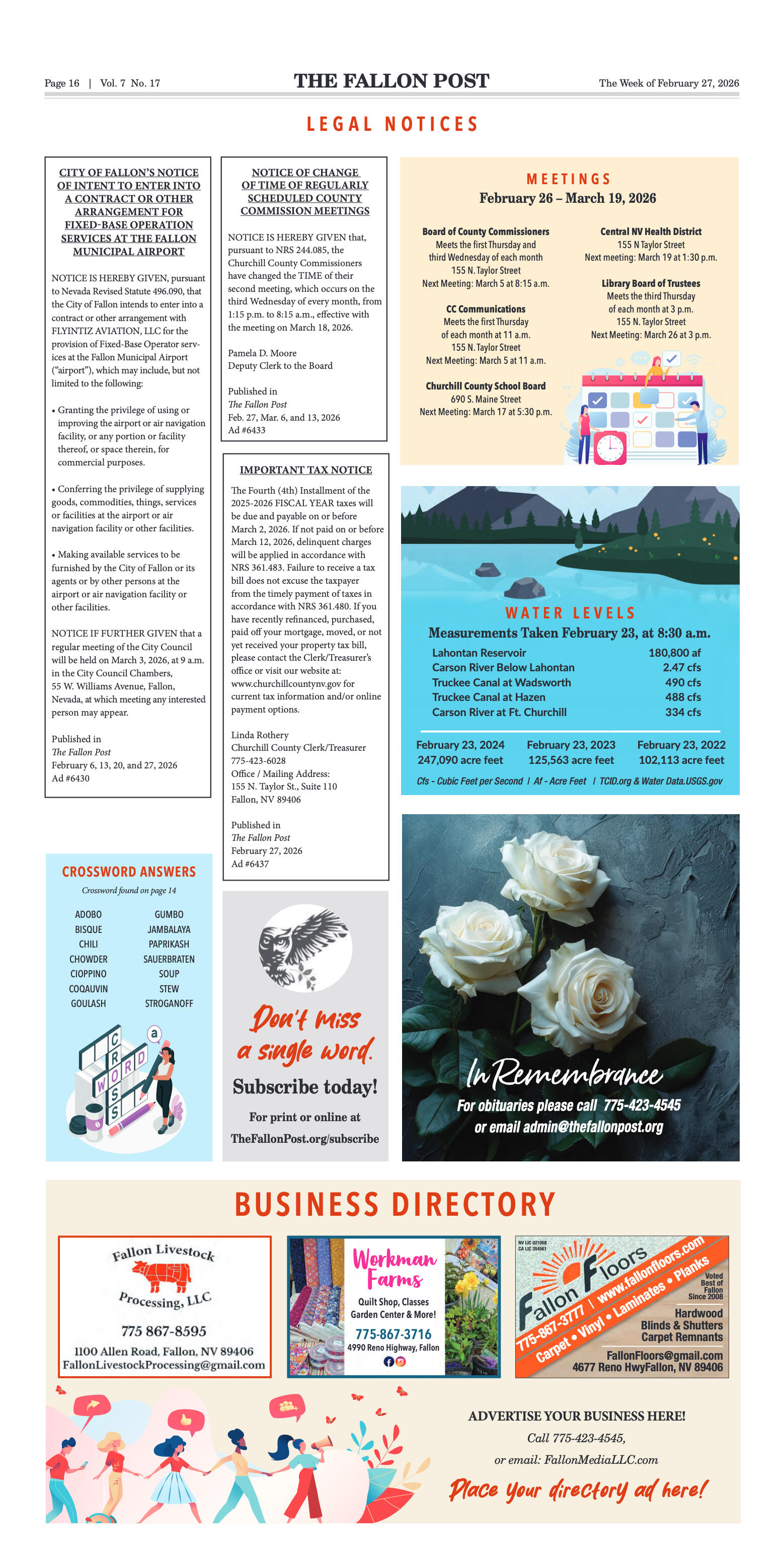





















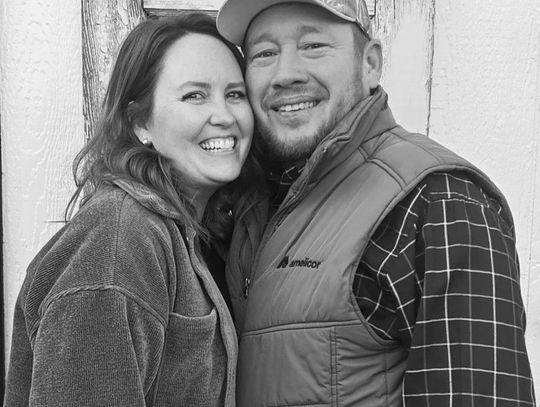

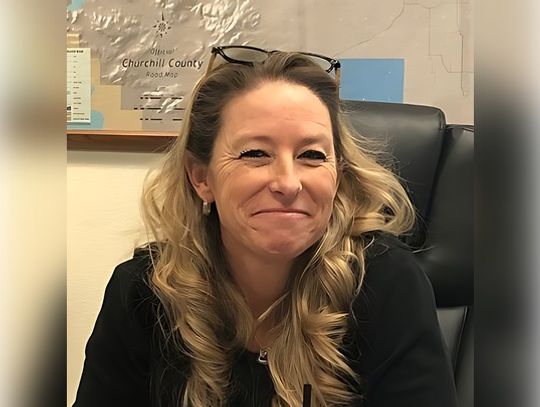


Comment
Comments